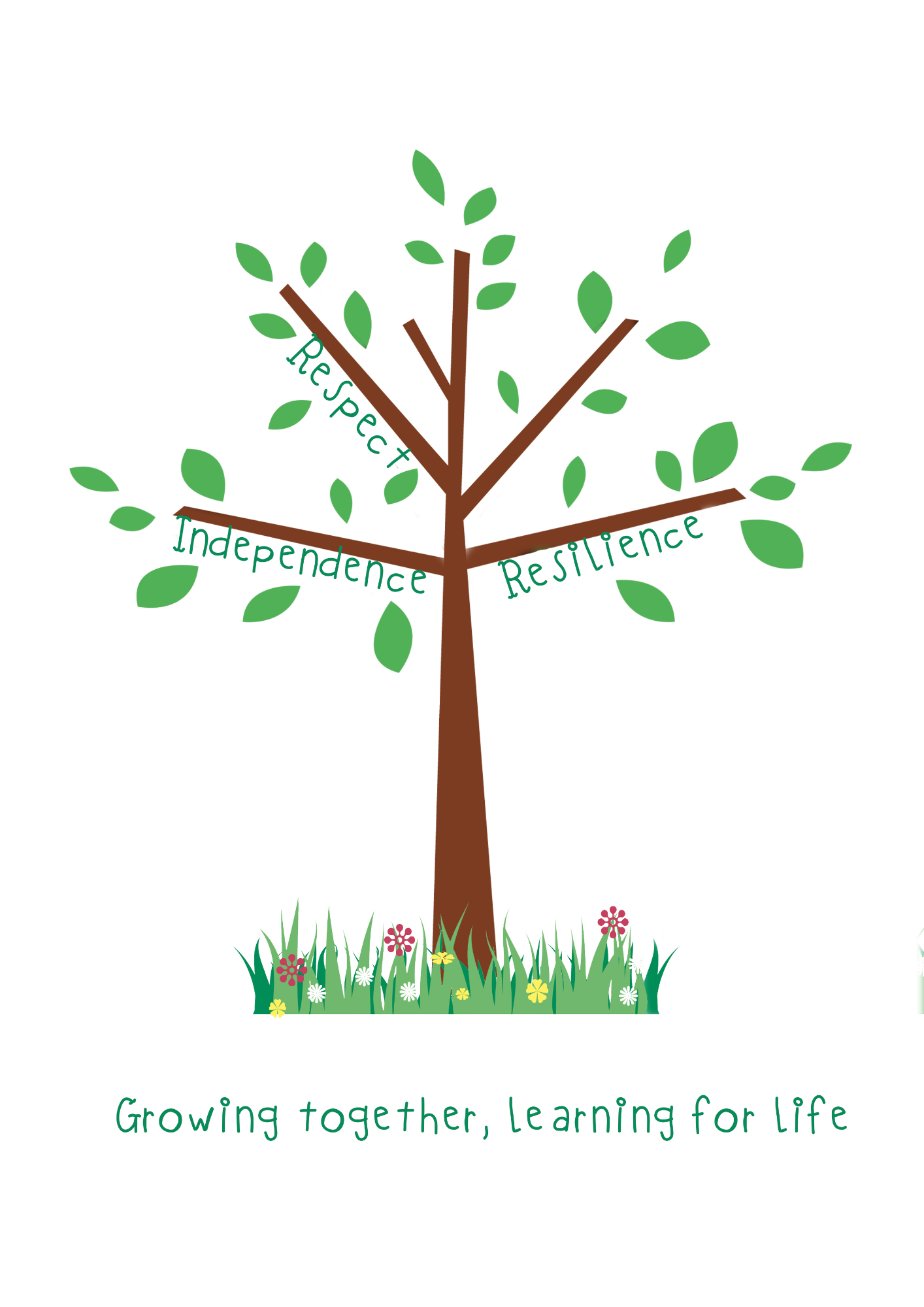Online Safety
Online Safety Presentation - February 2022
Responses from our recent survey about your experiences at home during lockdown and beyond showed that many parents and carers requested an online safety workshop to support your children at home. This is presented virtually above. Should you have any questions or want further support, please speak to your child's class teacher.
With the increasing reliance on technology, and particularly the internet, children are at greater risk than ever before from abuse and exploitation. As part of our safeguarding responsibilities, in line with statutory guidance, all children and adults involved in the life of North Baddesley Infant School sign a copy of our ‘Home School Agreement’, which features the following online safety commitments:
PUPILS: I will always make safe choices when using technology and will tell a trusted adult if I’m upset, worried or confused by anything I see online.
PARENTS AND CARERS: I will ensure my child accesses only age-appropriate technology and software and, through modelling responsible, positive behaviours in my own use of technology, support my child to stay safe online.
STAFF: We will promote the safe use of all forms of technology and will teach specific strategies for children to stay safe online.
Online safety is a core part of our computing curriculum, more details of which can be found here. In addition to covering in more detail specific aspects of e-safety which relate specifically to the age and demographic of our children, our central message is that children should not behave any differently when they are out of school or using their own device or home network. What we tell pupils about behaviour and respect applies to all members of the school community, whether they are at home or school.
For more information on our approach to online safety please refer to our Policies page.
Useful Links
There is a wealth of material available providing advice and support with regard to online safety. We have collated the following links for your information. This list *, though not exhaustive, provides a number of support channels about a range of issues relating to online safety.
* We realise that some of the links below, particularly in the 'Support for Children' section, may not be directly applicable to infant-age children, but it does no harm to list them in case they are ever needed, now or in the future.
Support for Children
- Childline - for immediate support
- Report Harmful Content - to report and remove harmful online content
- CEOP - for advice on making a report about online abuse
- Thinkuknow - for advice from the National Crime Agency to stay safe online
Support for Parents
- NSPCC and Childnet - provide support for parents and carers of children of any age to start discussions about their online life, to set boundaries around online behaviour and technology use, and to find out where to get more help and support
- Internet Matters - provides support for parents and carers with setting up parental controls on children's devices
- UK Safer Internet Centre - tips, advice, guides and resources to help keep your child safe online
- Let’s Talk About It - advice for parents and carers to keep children safe from online radicalisation
- Net-aware - for support for parents and carers from the NSPCC
- You Tube Kids - an app made just for children, created to give children a more contained environment that makes it simpler and more fun for them to explore on their own, and easier for parents and caregivers to guide their journey as they discover new and exciting interests along the way.
Online Safety during times of remote learning
The government has produced some helpful links for parents and carers as we navigate through the Coronavirus pandemic:
- Support for parents and carers to keep children safe from online harms - this includes advice about specific harms such as online child sexual abuse, sexting, and cyberbullying
- Support to stay safe online - this includes information on security and privacy settings, blocking unsuitable content, and parental controls
